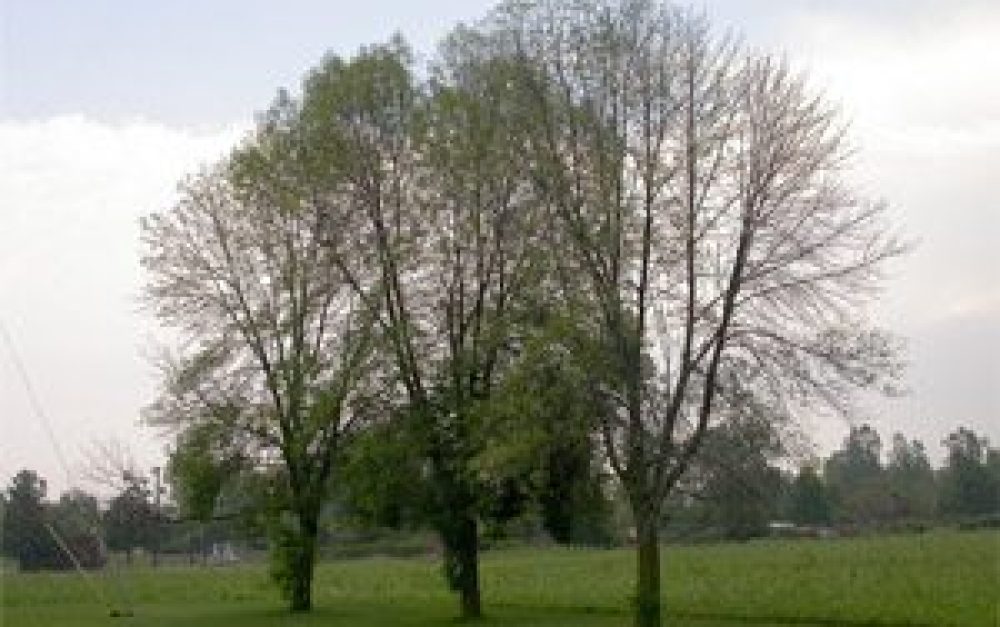Legal claims against the Big 6 pesticide company DuPont are piling up based on Imprelis, which has been linked to the loss of hundreds of thousands of trees nationwide.
Some 30,000 claims have been filed from individual homeowners, municipalities, landscapers and golf courses. There is also a class-action lawsuit in the works.
Imprelis, which was originally marketed by the company as having a "low environmental impact," was conditionally registered by EPA in August of 2010. After thousands of reports blaming Imprelis for the death of Norway spruces, eastern white pines and other tree varieties, DuPont pulled the product from the market approximately one year after its introduction. EPA issued a stop sale order shortly thereafter.
Failure of "conditional registration"
California and New York both denied registration for Imprelis based on evidence that the product fails to bind with soil and leeches into groundwater — a red flag that it might pose a risk to non-target plants. Both states asked for additional studies from DuPont before they would grant registration. EPA, however, granted "conditional registration," which allows the product onto the market without safety testing, on the condition that additional studies will be submitted in the future.
Once reports of Imprelis-related tree deaths came to EPA, the Agency began an investigation that required DuPont to submit all its information related to Imprelis and tree deaths. It was then —11 months after the conditional registration of Imprelis — that DuPont submitted test data confirming, according to EPA:
"…that certain coniferous trees, including Norway spruce and balsam fir, are susceptible to being damaged or killed by the application of Imprelis."
It is unclear based on statements from DuPont and the Agency exactly when DuPont obtained this test data.
DuPont's game
The name of the game for DuPont seemed to be to keep Imprelis in use as long as possible, despite suspicions and possible hard data linking their product to tree deaths. The company's public response in June 2011 was to issue a letter that simultaneously blames applicators for the deaths and cautions against using Imprelis on certain species of trees.
The company is currently in the process of settling the individual claims. According to the New York Times, DuPont estimates that claims could reach a total of $575 million, though anything over $100 million would be handled by the company's insurance. Plaintiffs have complained publicly that DuPont is stalling settlements.








